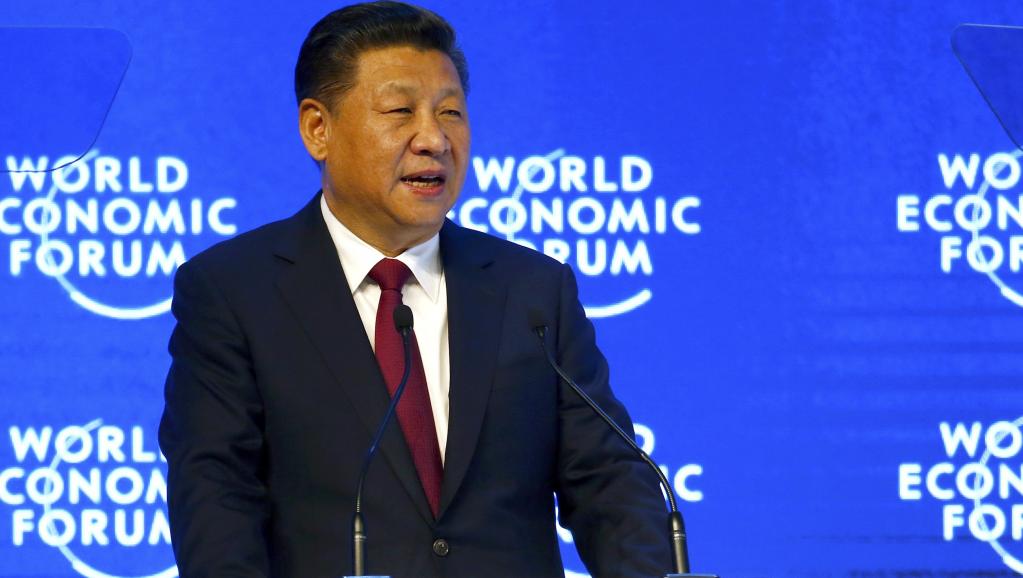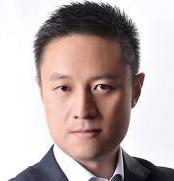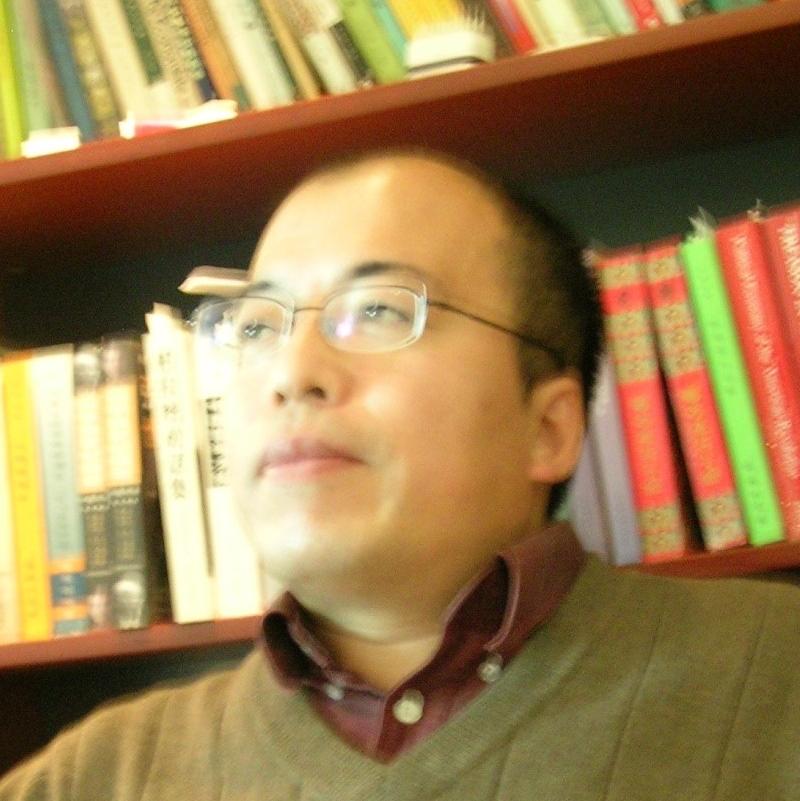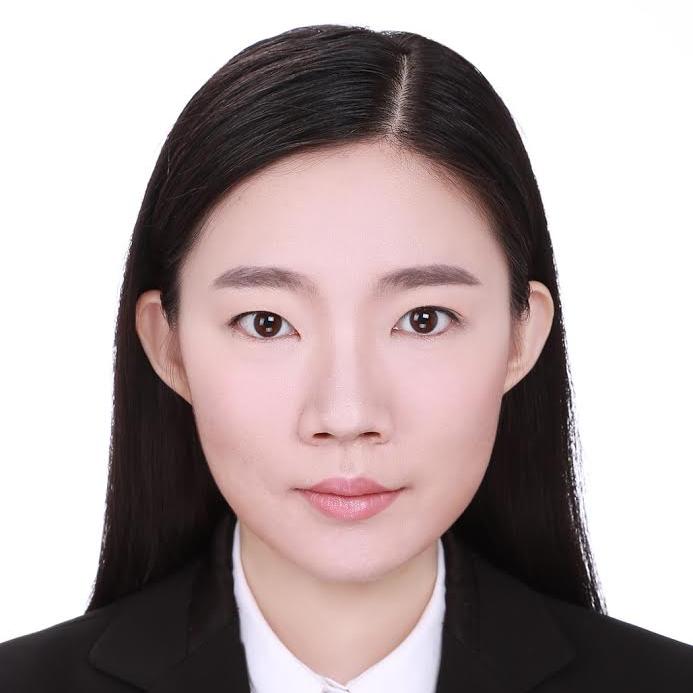Samuel Huntington must be laughing in his grave. More than a decade ago the prescient political scientist popularized the term Davos Man. This was the cosmopolitan proponent of “transnationalism” who dreamt of a world in which borders would disappear, states would be obsolete, and all would be governed by elections and markets. Globalization, to him, was not just about economic interconnectedness but a universal vision encompassing political governance, international relations and social values.

This week, in an irony of the first order, the World Economic Forum welcomes President Xi Jinping, who took to the Swiss Alps to deliver the keynote address. Davos Man’s view of China has been ambiguous at best. Even as the global elites allowed Beijing into some of the institutions that govern the world order, such as the World Trade Organization and the International Monetary Fund, they continued their finger-wagging about global responsibilities and even internal matters such as democracy and human rights. China has been branded a “free rider”. It is seen as a holdout to the vision of a uniform set of rules for global governance.
The west and Japan have refused to recognize China as a “market economy”, as they pledged to do when it acceded to the WTO 16 years ago[DEC 2001]. The now defunct US-led effort to establish the world’s largest free trade block through the Trans-Pacific Partnership pointedly excluded Beijing.
Barack Obama, a quintessential Davos Man, warned in an interview with The Atlantic of a China that would “resort to nationalism as an organizing principle”, that “never takes on the responsibilities of a country its size in maintaining the international order” and “views the world only in terms of regional spheres of influence”. Such a China, in his view, would create conflict.
What a difference six months makes. The Brexit vote and Donald Trump’s US election victory have turned Davos Man’s life upside down. In their crusade to universalize the world, they have left behind their own peoples. Now the constituents so long taken for granted are standing before Davos Man’s incoming train of progress and yelling “stop”, to borrow from American author William Buckley. The Davos Men are in such panic that they have turned to Mr. Xi to save the day. Will the world’s second-largest economy now take up the banner of globalization? Perhaps. But perhaps not in a way that would advance Davos Man’s narrative.
In his address, Mr. Xi affirmed China’s commitment to preserve and advance economic globalization. But he made a few points that might sound unfamiliar to his audience. He said we needed to adapt to and actively manage economic globalization so as to defuse its negative influence. We must commit to openness, he argued — but openness can be beneficial to all only if it is tolerant of differences. He used the term globalization several times but almost never without the qualifier “economic.”
China’s take on globalization has never been universalist. Allowing different countries to pursue their own development paths without undue external influence has been the central theme of its engagement with the world. As Mr. Xi pointed out at Davos, China has been a great beneficiary of globalization — and a contributor, as its growth has served as a locomotive for the global economy, especially in times of economic and financial crisis.
But Beijing has always insisted on its right to determine the course of its own national development. By rejecting Davo’s Man’s one-size-fits-all globalism, it engaged globalization on its own terms and lifted more than 600m people out of poverty within a generation. No developing country that embraced globalization has managed anything close to this accomplishment.
Everyone now knows globalization is in trouble. Yet trends in economics and technology will continue to drive ever increasing interconnectedness. This creates unprecedented challenges for global governance.
Mr. Xi said: “China stands on its own conditions and experience. We inherit wisdom from the Chinese civilization, learning widely from the strengths of both east and west. We defend our way but are not rigid. We learn but do not copy from others. We formulate our own development path through continuous experimentations . . . No country should put its own way on the pedestal as the only way.”
Mr. Xi brings Davos a message of pluralism, as opposed to the universalism most of his audience has preached. He is no Davos Man. But perhaps this is just what globalization needs. Before it can be restarted, it needs a reset.



